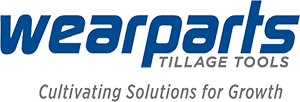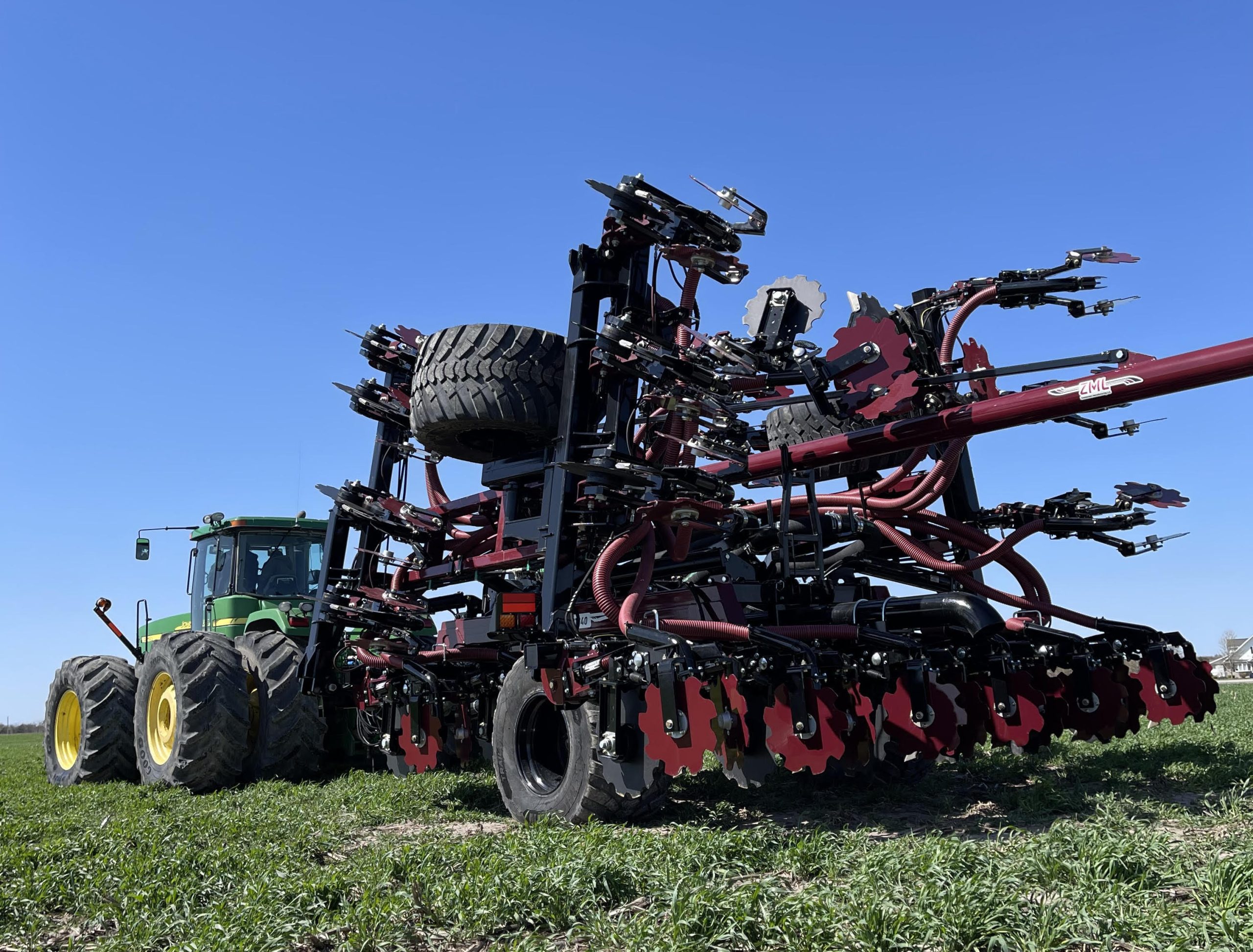From seed openers planting the crop to high-speed compact discs shredding residue after harvest, high performance tillage and planting operations depend heavily on disc blades – and disc blades depend heavily on agricultural-grade bearings.
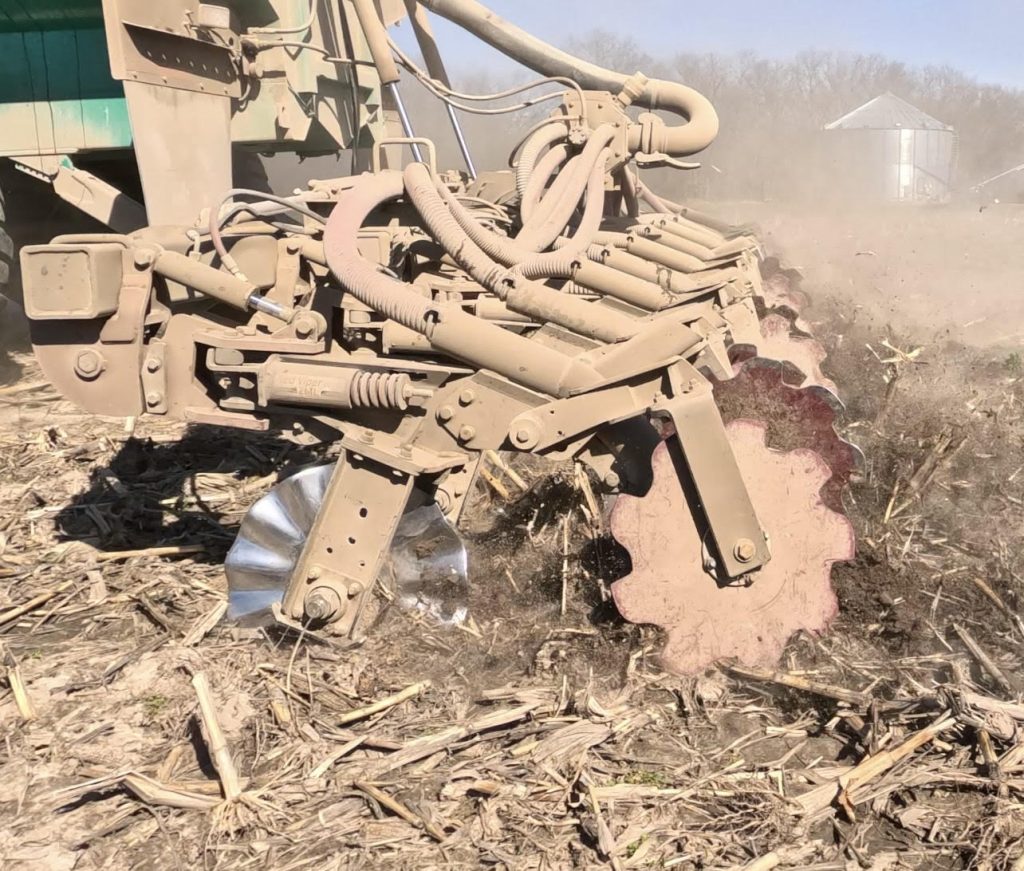
High-speed tillage in particular puts some pretty heavy-duty axial and radial loads on your disc blades and when you combine this with difficult soil conditions – specifically dry, sandy and dusty fields – it’s a recipe for extreme wear and tear on your discs AND bearings.
Selecting high quality bearing hubs can mitigate this by working to spread loads more evenly and stop contaminants from getting into the hub itself, prolonging lifespan. But what should you look for in high-quality agricultural bearings? Let’s take a look at the options.
What materials are quality agricultural bearings made from?
Agri bearings are typically made from steel, or sometimes a mixture of cast iron and steel. The bearings themselves are normally made from high-grade steel while the bearing housing can be made from pressed or forged steel, or cast iron.
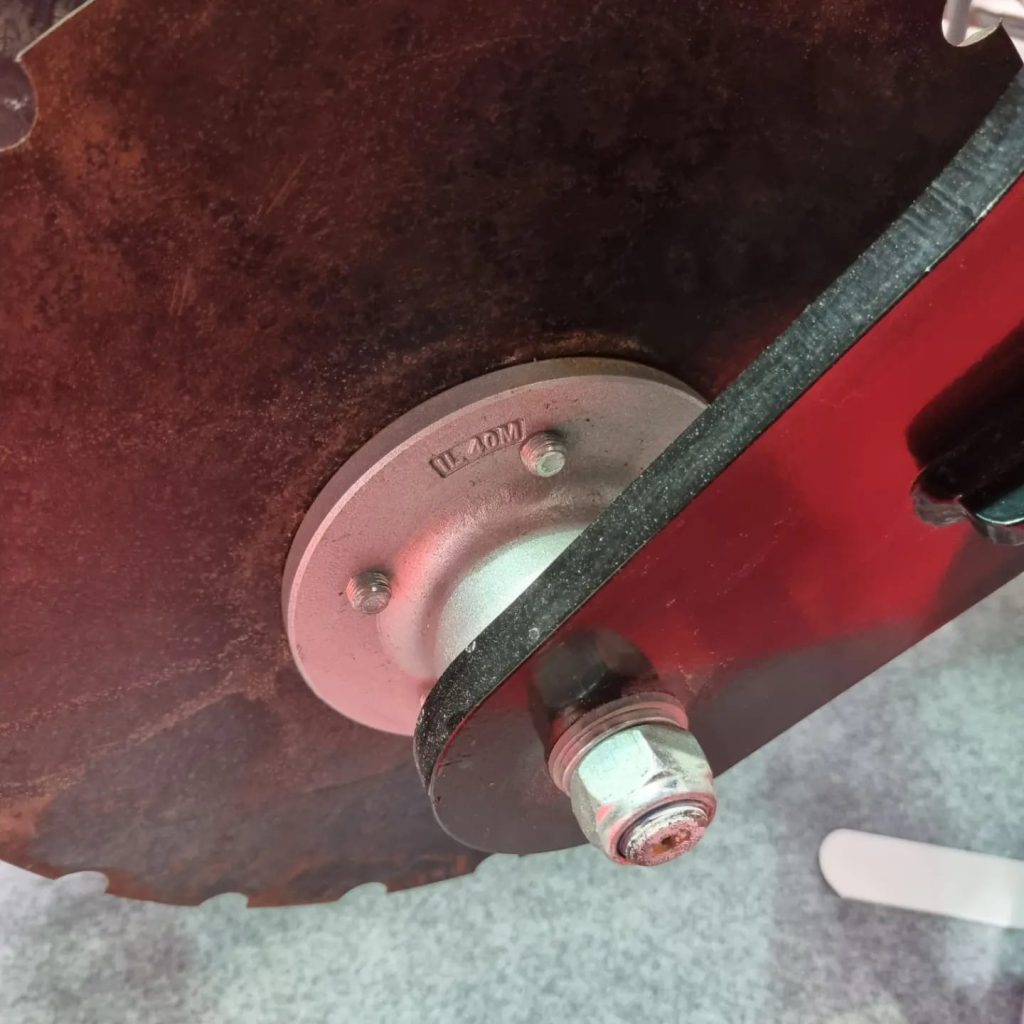
These materials offer an extremely high level of tensile strength and abrasion resistance, which is necessary for agricultural applications.
Quality bearing hubs will be made from high carbon or high chromium steel for improved strength, durability and wear resistance. Beware of low-grade carbon steels often used by cheaper manufacturers in the Far East – these are much more prone to excess wear and premature failure.
Should I choose cast or forged bearing housings?
Premium quality agri bearing hubs will typically have forged as opposed to cast housings. But what’s the difference?
Forged bearing housings
Forging is where the metal is heated until it becomes pliable and is then mechanically formed into a new shape – in the case of agricultural bearing housings, typically a cup-shaped housing with an exterior flange. Forging uses less heat than casting which allows the metal to retain its full structural integrity. A forged bearing has no parting lines or joins, reducing the risk of weak points.
Cast bearing housings
Housings can also be produced by casting, which means heating the metal until it is liquid and pouring it into a mold. For bearing housings, the mold will usually have two parts that are filled separately and then joined together before the metal cools and hardens.
Cast housings are easily identified by their ‘parting lines’ which is a visible join where the two-part mold was brought together. This is where most housing failures will occur. The extreme heat used to liquefy the metal can also cause an overall loss of strength, making cast bearing housings a less reliable choice.
What type of bearings are best for agricultural applications?
Good quality agricultural bearings will use angular contact ball bearings as opposed to simple roller bearings.
Angular contact ball bearings are so named because of the offset contact between the inner and outer ring raceways. These are displaced relative to each other in the direction of the bearing axis, allowing the bearing to sustain significant axial loads in one direction at the same time as radial loads.
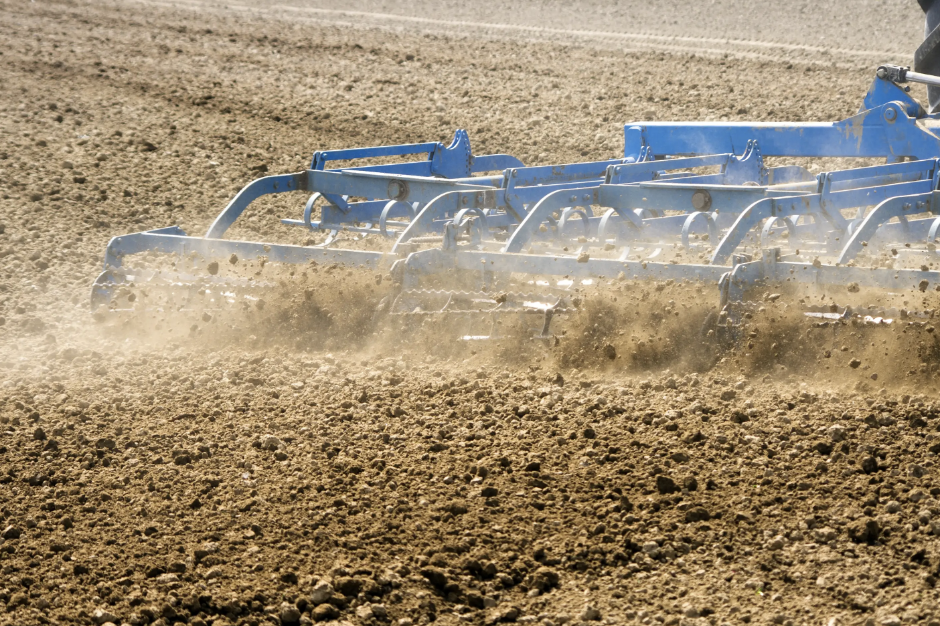
Angular ball bearings for agricultural use are typically assembled back-to-back in pairs. The double row allows the bearing assembly to sustain axial loads in both directions, which is a common requirement when working in field conditions.
What load rating do I need?
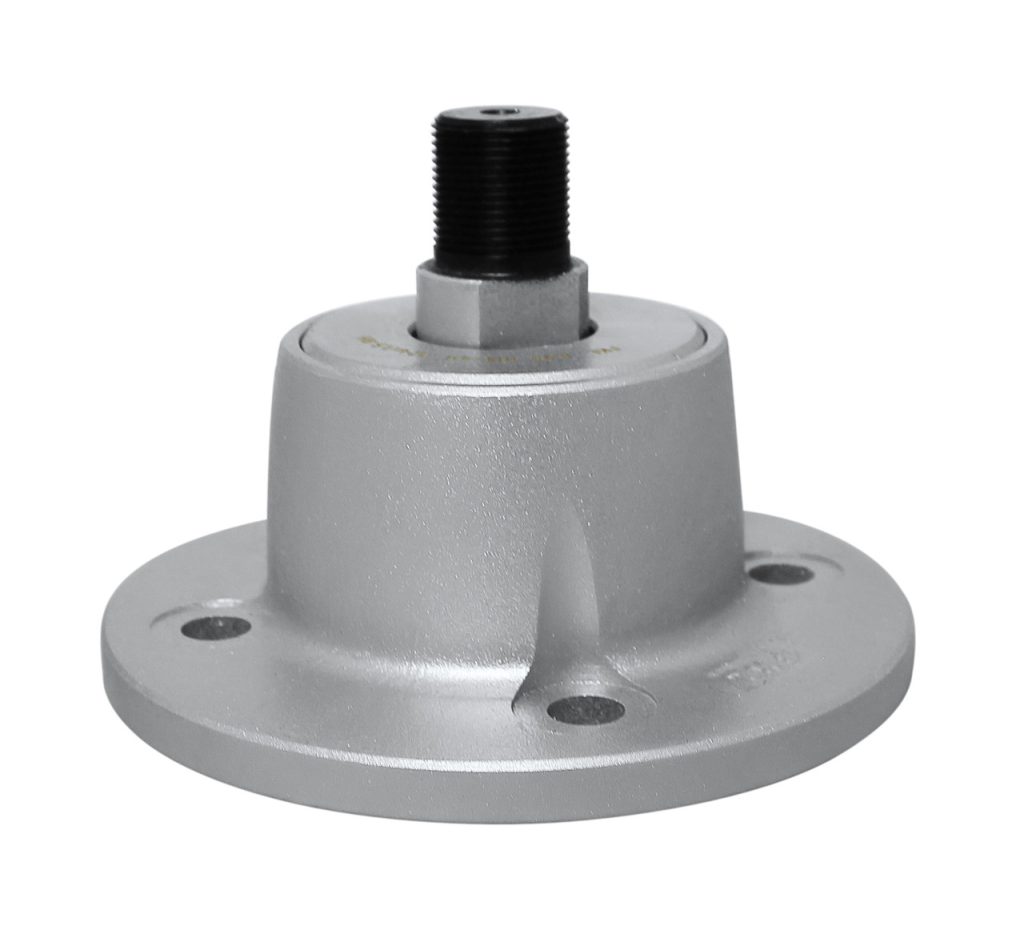
It’s important to say that any bearings you choose should be specifically designed for agricultural use and the extreme, variable loads that are placed upon disc blades as they travel through the field.
When determining the load rating you require, you need to consider the soil conditions and also the speed of travel, since loads are increased at higher speeds.
Beyond this, you should refer to the manufacturer’s guidance for your toolbar or planter when selecting the appropriate load rating for your needs. At Wearparts, we supply bearing hubs to fit all common machinery brands, with load ratings equal to – or in many cases greater than – the OEM specification.
What other features should I look for in an agricultural bearing?
In addition to key features around the physical materials and construction of a bearing hub, there are a number of design features that can influence the efficiency and durability of agricultural bearings. These include:
Sealing
Agricultural bearings operate in highly contaminated conditions where mud, grit/sand, slurry and crop residue can contribute to wear and tear on both blades and bearings. If these contaminants get inside the hub itself, they can cause wear to the ball bearings, drive grease out, and eventually cause the bearing to seize.
For reliable performance and extended wear life, look for premium bearings with next-generation sealing technology that prevents contaminants from getting in, and grease from getting out. There are a number of options on the market designed to hermetically seal the chambers of the hub against moisture and contaminants.
At Wearparts, we’re the exclusive US distributor of FKL hubs with their proprietary Dirtblock seal. Each chamber within the bearing is completely sealed and filled with grease – there’s no grease zerk because you never need to add more grease, the hubs are completely maintenance-free. In lab testing, we’re able to show that these hubs last up to 5 times longer in dry, dusty conditions than the conventional solutions of leading competitors.
Flanges & Fasteners
The flange is where the blade is directly connected to the hub using rivetsor bolts. This join is important because it plays a key role in the way that forces exerted on the blade are distributed across its surface and transferred to the bearing hub itself.
A larger flange with larger rivets will offer more heavy-duty performance, with reduced risk of breakage, but will also help to even out the moment of the force being exerted on the disc blade, extending the life of both the blade and the bearing hub.
Want to learn more?
If you’re not sure which FKL hub is compatible with your machine, or if you’d like advice on selecting the best hub for your specific soil conditions, our expert team will be happy to help. Simply get in touch for more information about any of our agricultural hub bearings.
